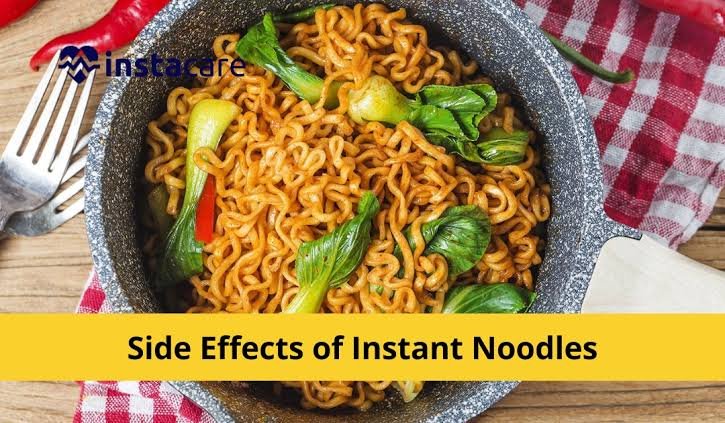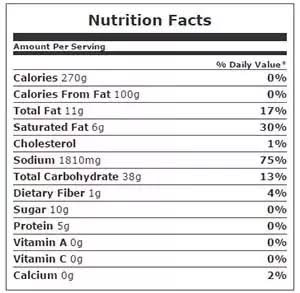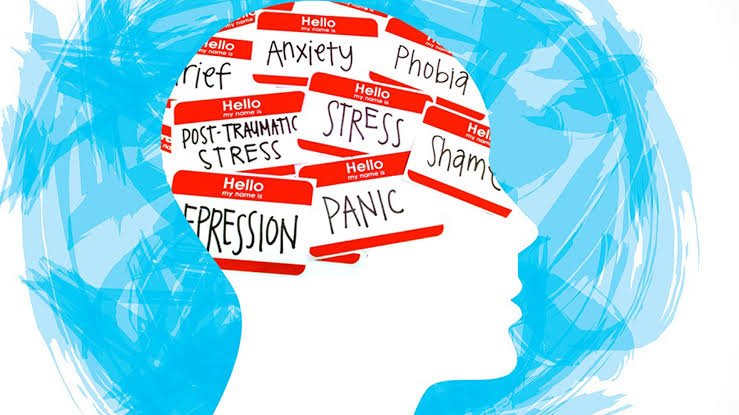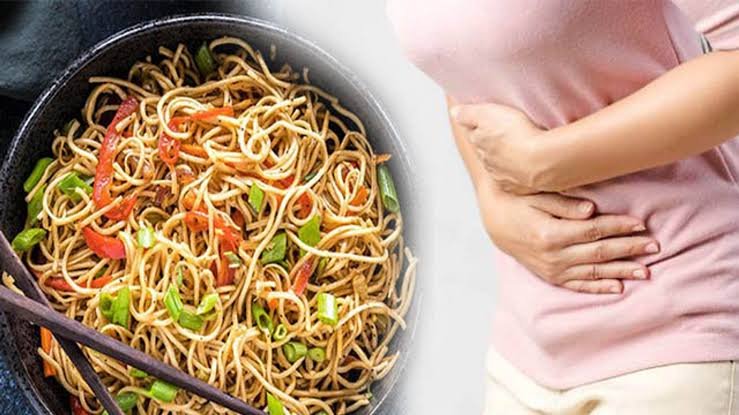
Instant noodles are pre-cooked, dried noodle blocks typically sold with flavoring powder and/or seasoning oil. These noodles are designed for quick preparation, requiring only boiling water for a few minutes.
While they are convenient and inexpensive, instant noodles are generally considered unhealthy due to their high sodium content, saturated fats, and low nutritional value. They often contain artificial additives and preservatives, which can have potential health risks.

Keep reading as we discuss below some ways in which consuming instant noodles can affect your health.
High Sodium Content
Instant noodles are often high in sodium, which can lead to a variety of health issues. Sodium is an essential nutrient, but consuming too much of it can cause problems such as high blood pressure, water retention, and kidney damage. Many brands of instant noodles contain flavor packets that are packed with sodium to enhance the taste. For example, a single serving of Maruchan Ramen Noodle Soup has 760mg of sodium, which is 32% of the recommended daily intake.
Poor Nutritional Value
Instant noodles are made from refined flour, which lacks essential nutrients such as fiber, protein, and healthy fats. This means that they do not provide adequate nutrition, and consuming them regularly can lead to deficiencies. While they may be filling in the short term, they are not a sustainable source of energy. For example, a single serving of Top Ramen Chicken Flavor contains only 2g of protein, which is 4% of the recommended daily intake.

Linked To Obesity
Instant noodles are high in carbohydrates, which can cause weight gain and obesity if consumed regularly. A study conducted in South Korea found that people who ate instant noodles more than twice a week had a higher risk of metabolic syndrome, which is a cluster of conditions that includes obesity, high blood pressure, and high cholesterol. For example, a single serving of Nissin Top Ramen Chicken Flavor has 26g of carbohydrates, which is 9% of the recommended daily intake.

Increased Risk of Cancer
Instant noodles contain harmful chemicals such as bisphenol A (BPA), which is used in the packaging. Consuming instant noodles regularly may increase the risk of cancer, especially stomach cancer. A study found that women who ate instant noodles more than twice a week had a 68% higher risk of developing stomach cancer. For example, a study found that one brand of instant noodles had 140 times the amount of BPA in the packaging compared to a similar type of soup made from fresh noodles.
Digestive Problems
Instant noodles can cause digestive problems because they are low in fiber, which is essential for good digestion. They can also cause bloating, gas, and constipation due to their high sodium content. For example, consuming multiple servings of instant noodles in one day can cause stomach discomfort and irregular bowel movements.
Negative Impact on Mental Health
Instant noodles may have a negative impact on mental health because they are high in sodium, which can disrupt the balance of chemicals in the brain. Consuming instant noodles more than twice a week has been linked to depression, anxiety, and other mental health issues. For example, a study found that people who eat instant noodles regularly are more likely to have poor mental health compared to those who do not consume instant noodles.

While instant noodles may be a convenient and inexpensive meal option, they come with a range of health risks. It is important to consume them in moderation and to supplement your diet with nutrient-dense foods such as fruits, vegetables, and whole grains. By doing so, you can reduce your risk of developing health problems associated with regular consumption of instant noodles.
Low In Fiber And Protein
Despite being a low-calorie food, instant noodles are low in fibre and protein which may not make them a good option for weight loss. Protein has been proven to increase feelings of fullness and decrease hunger, while fiber moves slowly through the digestive tract, thus promoting feelings of fullness.
Considering the low protein and fiber levels in instant noodles, consuming them regularly likely won’t satisfy your hunger or make you feel full at all. In addition, a diet that is low in fiber is associated with a higher risk of digestive conditions such as constipation and diverticular disease as well as reductions in healthy gut bacteria.
Increased Risk of Cardiovascular Diseases
The combination of high sodium, saturated fats, and low nutrient content in instant noodles negatively impacts cardiovascular health. Long-term consumption can contribute to the development of hypertension, high cholesterol, and inflammation, increasing the risk of heart attacks and strokes.
Presence of Harmful Additives
Instant noodles often contain artificial colors, preservatives, and other additives. Some additives may have potential health risks, including allergic reactions, behavioral issues, and long-term chronic health problems.

High in Refined Carbohydrates
Instant noodles are typically made from refined wheat flour, which has a high glycemic index. High intake of refined carbohydrates can cause rapid spikes in blood sugar levels, increasing the risk of insulin resistance, type 2 diabetes, and obesity.







